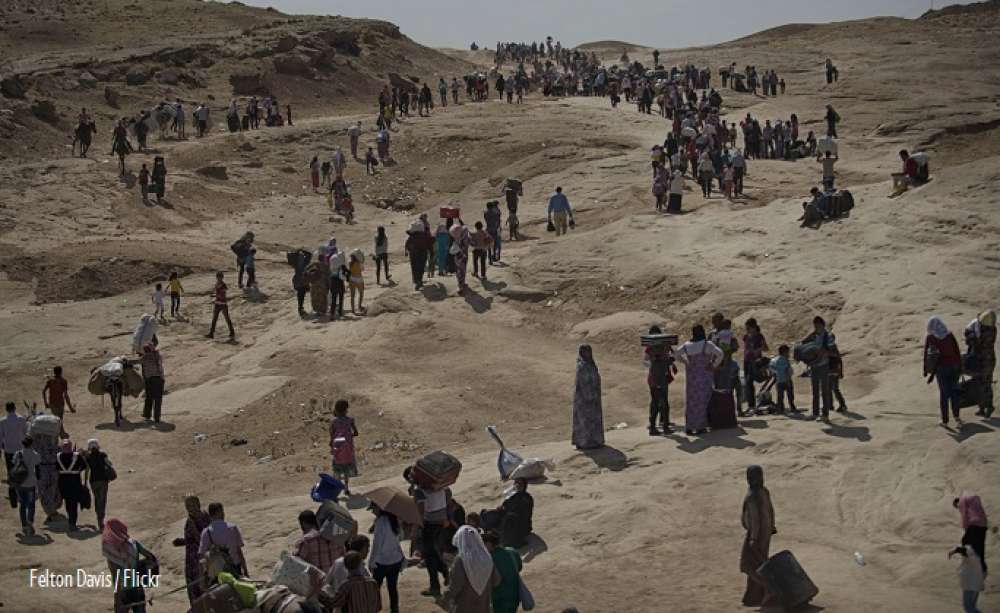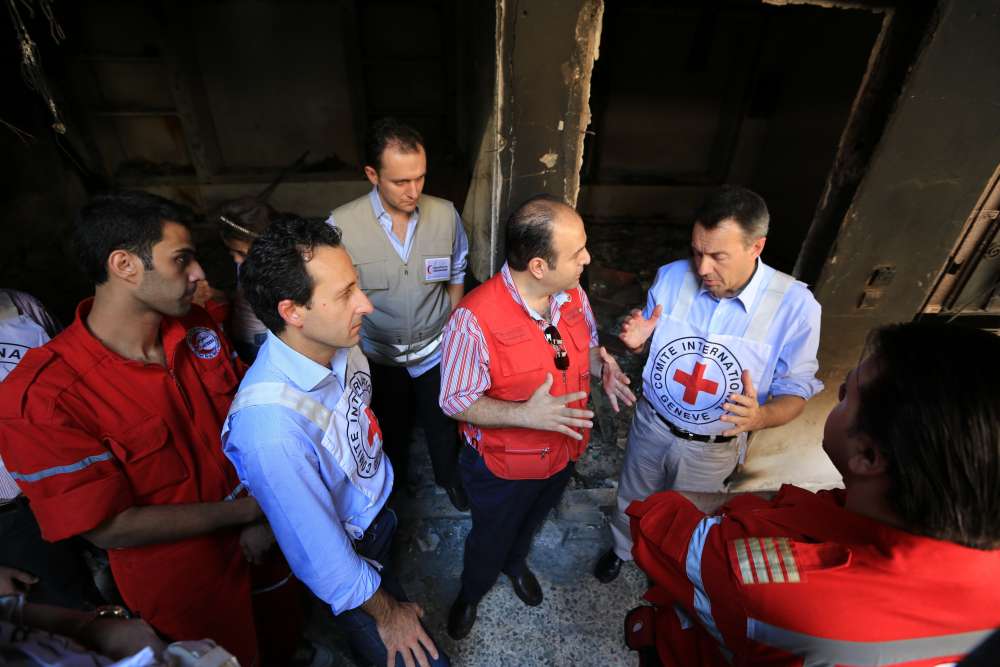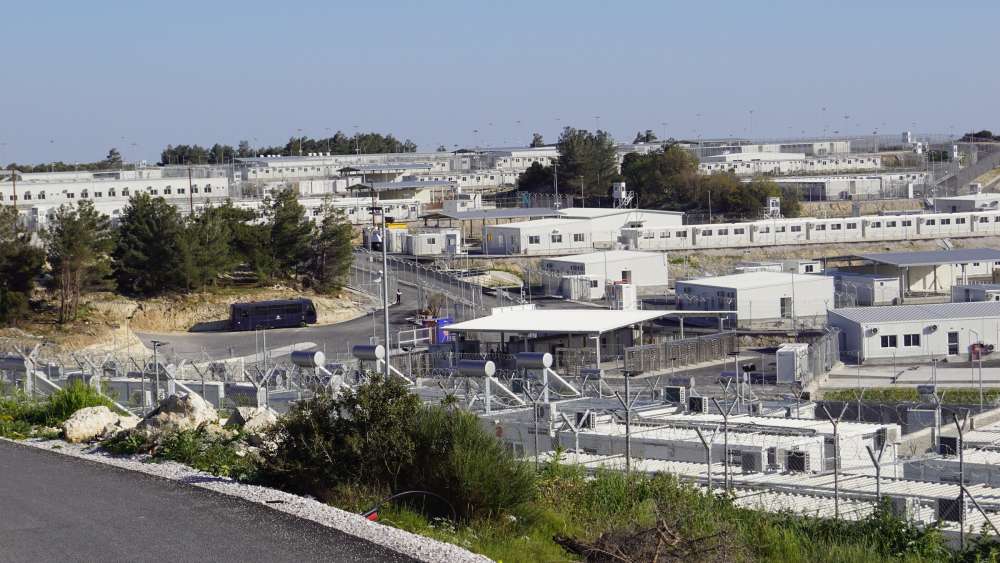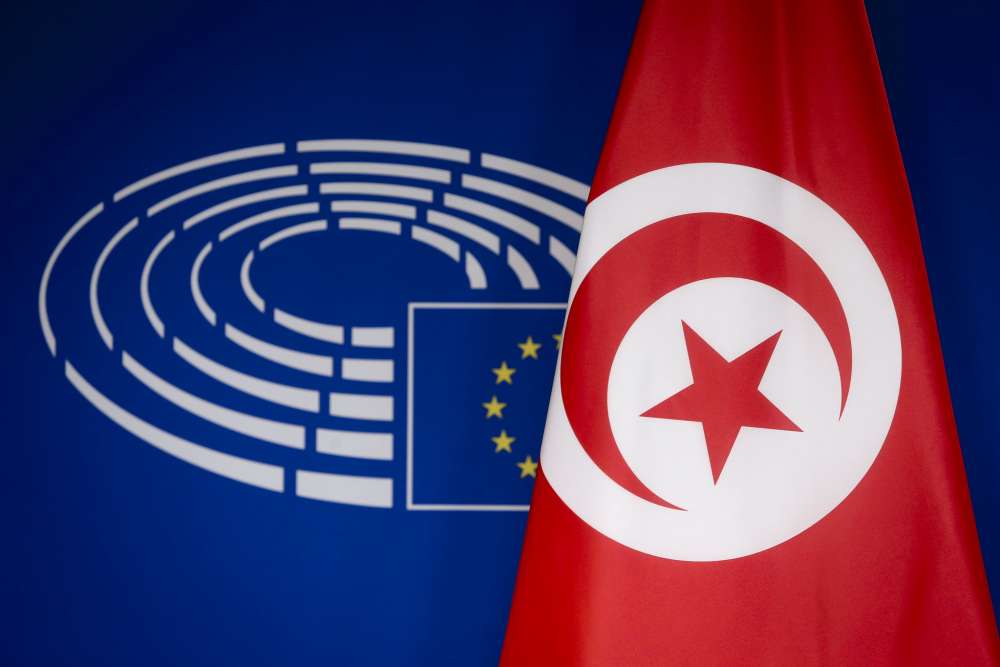Corporate Strategic Evaluation on (Forced) Migration

The arrival of large numbers of refugees and other migrants into Germany and other European Union states has left a mark on German development cooperation. The Gesellschaft für Internationale Zusammenarbeit (GIZ), Germany’s lead development implementer, has been commissioned to deliver new programs and projects that seek to support refugees and other migrants in host and transit countries outside Europe.
In order to assist GIZ with learning and improve the evaluability of its work, GIZ’s board of directors tasked GPPi and adelphi to conduct a formative strategic evaluation of its work on (forced) migration. In particular, the evaluation assesses which objectives and outcomes relevant programs and projects seek to achieve; whether programming is oriented to achieving outcomes in addition to outputs; and what lessons can be learnt for GIZ’s future portfolio on (forced) migration.
The evaluation presents a typology of GIZ’s portfolio on the issue by reviewing existing program documentation; reviews existing evidence on selected outcome expectations; identifies external and internal factors influencing the programming and implementation; and and explores select priority programs in country case studies.
The evaluation report’s detailed recommendations seek to support GIZ to strengthen:
- Its strategic position on the issue of (forced) migration, including the ability to anticipate migration movements, to foster networks and to coordinate with other actors, and the thematic focus within the large issue area of (forced) migration;
- Its internal procedures, including its programming in response to emergencies, the orientation of programming towards achieving outcomes, its outcome monitoring, the duty of care on human rights, and the do-no-harm principle;
- Its knowledge and handling of approaches, including the integrative approach to refugee assistance and the consideration of views of target populations.
…







